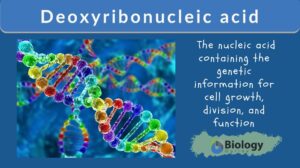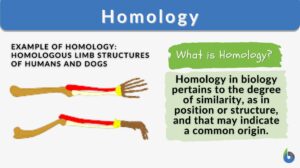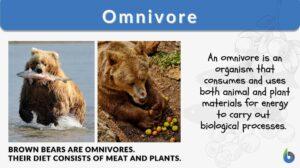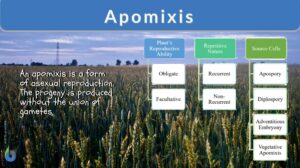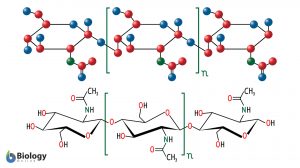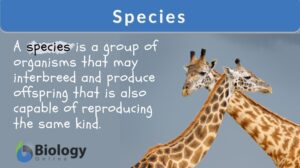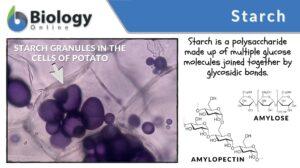Search Results for: terminology
Terminology
terminology 1. (Science: study) The doctrine of terms; a theory of terms or appellations; a treatise on terms. 2. The terms... Read More
Deoxyribonucleic acid
Deoxyribonucleic Acid (DNA) Definition A nucleic acid refers to any of the group of complex compounds made up of linear... Read More
Initial cell
Initial cell Actively dividing plant cell in a meristem. at each division one daughter cell remains in the meristem as a new... Read More
Epimastigote
Definition noun, plural: epimastigotes (protistology) The developmental stage or the morphological form in the lifecycle of... Read More
Thalassophobia
Among many psychological and psychiatric disorders, one is the fear of the ocean and the fear of deep water, which in... Read More
Primary productivity
Planet Earth is home to different types of life forms ranging from microscopic bacteria to giant whales and elephants. To... Read More
Sagittal plane
The sagittal plane is the plane that allows us to see the world in bilateral symmetry. Whether reaching for a high shelf,... Read More
Mitochondrial DNA
Mitochondrial DNA Definition noun plural: mitochondrial DNAs The genetic material in the mitochondrion that carries code... Read More
Erythrocyte
Erythrocyte Definition Erythrocytes (red blood cells or RBCs) are the myeloid series of specialized cells that play an... Read More
Fructooligosaccharide
Definition noun plural: fructooligosaccharides fruc·to·ol·i·go·sac·cha·ride, ɪhɡəʊˈsækəɹaɪd An... Read More
Chloroplast DNA
Definition noun plural: chloroplast DNAs DNA in the chloroplast that carries the code for proteins and RNAs essential to... Read More
Human Reproduction
Terminology and Concepts Primary reproductive organs are called gonads - testes in the male and ovaries in the female.... Read More
Loose associations
Definition of Loose Associations When asked to define loose associations in psychology one can tell that it is a formal... Read More
Photosynthesis
Photosynthesis is a physio-chemical process carried out by photo-auto-lithotrophs by converting light energy into chemical... Read More
Color Atlas & Synopsis of Clinical Dermatology
Color Atlas & Synopsis of Clinical Dermatology ... Read More



